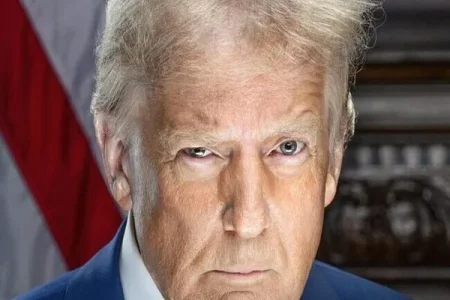
Former President Donald Trump has taken his bid to end birthright citizenship to the U.S. Supreme Court. His executive order, blocked by lower courts, challenges the 14th Amendment’s citizenship clause. The case could reshape immigration laws as the conservative-leaning Supreme Court reviews the administration’s request to limit nationwide injunctions.
Former President Donald Trump has taken his fight against birthright citizenship to the U.S. Supreme Court, challenging long-standing constitutional protections. Trump's executive order, signed on his first day in office, sought to deny citizenship to children born in the U.S. to undocumented parents. However, lower courts blocked the move, citing the 14th Amendment’s guarantee of citizenship to anyone born on American soil.
The Justice Department has now petitioned the Supreme Court to narrow these nationwide injunctions, arguing that lower court rulings have overstepped their authority. While the administration has not yet sought a direct ruling on the constitutionality of Trump's order, the case is expected to reignite debate over immigration laws and executive power.
With the conservative-leaning Supreme Court set to weigh in, the outcome could reshape U.S. immigration policy for years to come.




